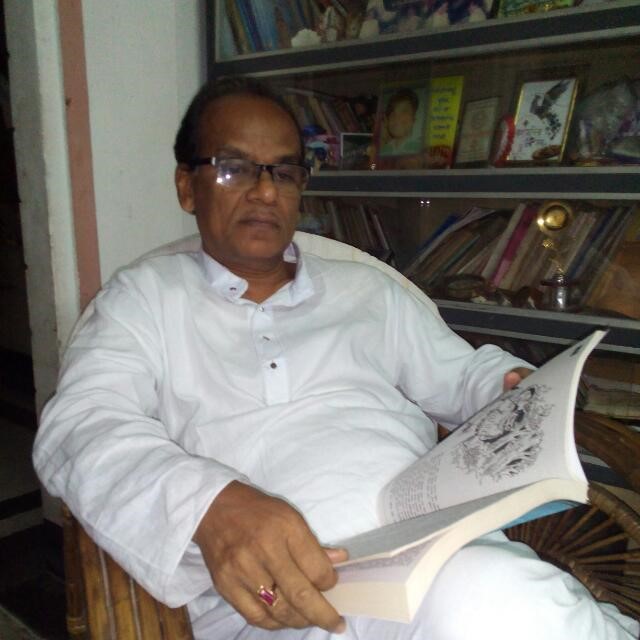Three Decades of Bangla Dalit Movement: Jaydeep Sarangi in Conversation with Kapilkrishna Thakur
DOI:
https://doi.org/10.22356/wic.v5i1.27Keywords:
Bangla dalit, Matua, BrahminicalAbstract
Kapilkrishna Thakur is long standing Bangla Dalit activist and writer working for more than three decades. His signal books include: Ujantaleer Upokatha (historical novel), Cholechi Chaitrer Utsabee, Shoro Pathor, Kisundar Ondho (poetry), Madhumoti Onek Dur, Onno Ihudi (Stories). He has also written a seminal book on the Motua Movement in Bengal which marks his scholarship in the subject. Matua Andolan o Banglar Anunnoto Samaj is resourceful work on Matua religion and literary productions. Kapilkrishna Thakur is also attached to some important journals and magazines from West Bengal: Dalit Manan, Nikhil Bharat, Bngo Bhumi, Gana Sanskriti, Jamini Katha and Manisha. His literary corpus makes a fervent plea for a complete overhaul of society by questioning all stereotyped notions of caste and class in Bengal.
This interview is the fruit of a couple of long sessions in August 2017 in a coffee parlour in South Kolkata, Prince Anwar Shah Road.

Downloads
Published
Issue
Section
License
Copyright (c) 2018 Jaydeep Sarangi

This work is licensed under a Creative Commons Attribution 4.0 International License.
1. Upon accepting the Editor's offer to publish, the Author/s grant/s to Writers in Conversation an irrevocable and non-exclusive right to publish, reproduce and communicate their Work in whatever form the Editorial Board deems fit, including the right to enter into agreements authorising third parties to do the same.
2. The Author/s retain/s copyright in their Work and may publish or authorise others to publish the entire work or any part thereof, provided always that due acknowledgement is made in any further publication that the Work was originally published in the Journal.
3. The Author/s warrant/s that they are the sole copyright owners of the Work and that it contains nothing that is defamatory or of such a nature to incur liability of any kind whatsoever, and the Author/s further agree/s to indemnify the Publisher and its employees and agents against any liability, loss or harm caused by actions arising from the publication of the Work.
4. The Publisher has the sole right to determine publication and may make editorial changes of a non-substantive nature to the work without consulting the Author/s.

